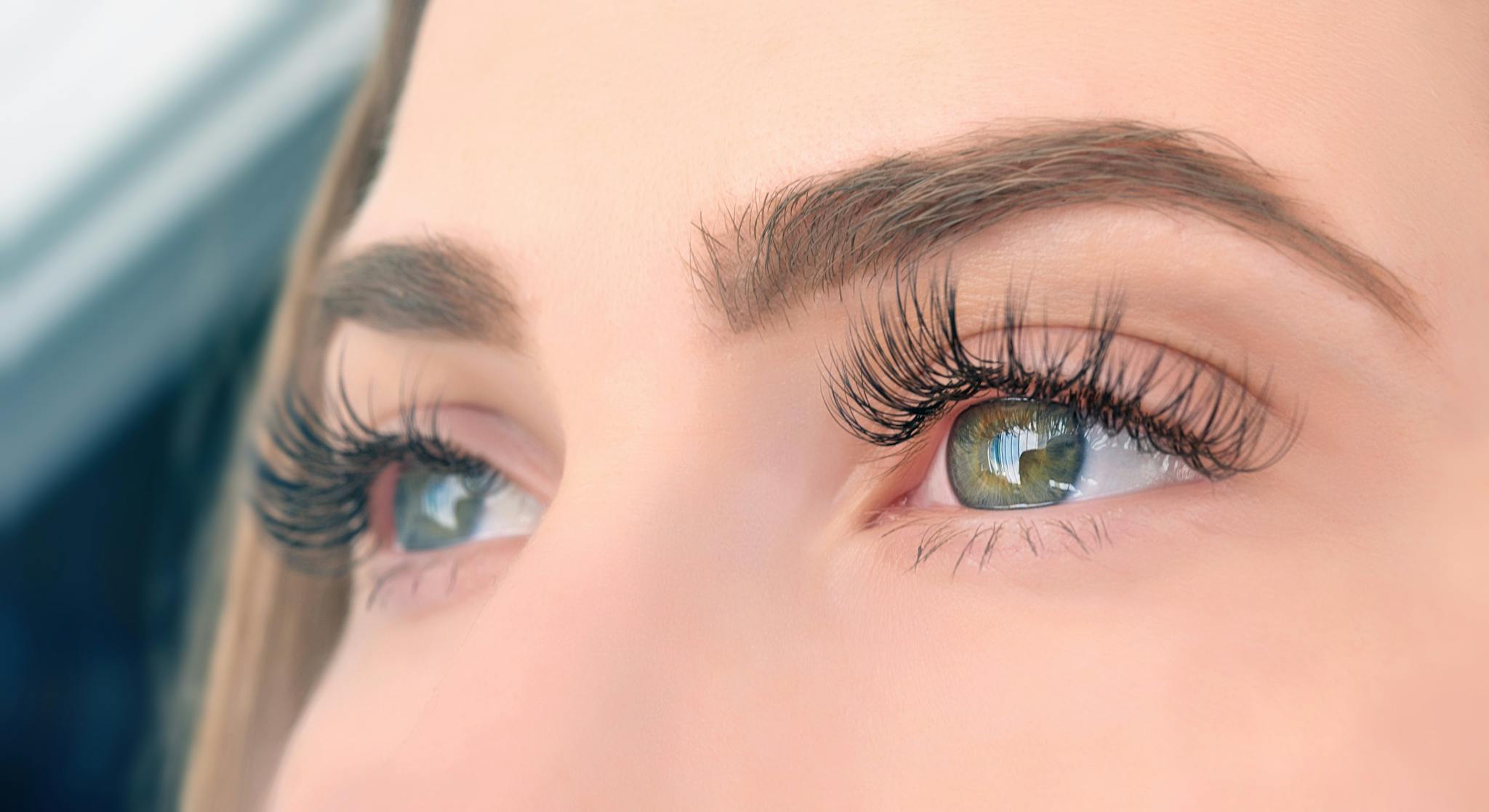
2022-06-15T09:48:15
Cataracts Awareness: Just See What you are Missing
- Ophthalmology
February 9, 2017 | Ophthalmology
Specialties:Ophthalmology

The eyes work in detailed ways with many complex structures, and these structures need protection. This protection is called the cornea – a clear, thin outer layer that protects the eye from dirt, bacteria and other germs or contaminants.
Several problems with the eyes occur in the cornea. Many of these are genetic or develop outside of our control, but you can help prevent conditions of the cornea by observing good hygiene habits, especially if you wear contacts or glasses.
How does the cornea function? What are diseases that affect it and their treatments? Here’s a look.
There are three layers in a healthy cornea:
While the cornea acts as a barrier, it also filters sunlight and plays a big role in vision. It helps the eye focus and process light, and damage to the cornea can cause a number of problems with vision.
There are a large number of conditions that might affect the cornea. They include:
Symptoms vary based on each condition, but in most cases, the cornea will heal itself. Many of the symptoms you experience are actually from the healing process:
Most treatments are basic, and involve things like eye drops and ointments. Some people may need glasses or contacts permanently as a result of corneal diseases, and in severe cases, a corneal transplant is needed.
Preventing corneal diseases is about keeping the area around the eyes clean and preventing major injuries to the eyes. Take special care to keep bacteria and fungi away – don’t share makeup or contact solutions, and wash your hands before and after handling your contacts or glasses. If you have questions, speak to your ophthalmologist.
“Corneal Disease.” Cleveland Clinic. http://my.clevelandclinic.org/health/articles/corneal-conditions
“Common Cornea Problems.” WebMD. http://www.webmd.com/eye-health/cornea-conditions-symptoms-treatments#1
WRITTEN BY:
The Live Better Team
This information is not intended to replace the advice of a medical professional. You should always consult your doctor before making decisions about your health.